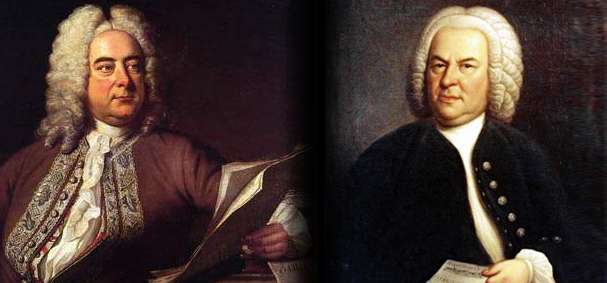
Free thinkers like Ricardo McKenzie, despite their animus with the Church and Christianity need to heed the Jamaican maxim “beat the dawg an geem im dues”, in other words be fair, balance criticism with compliment.
It is beyond controversy that no one could enjoy playing/listening to music that is centuries old without the invention of notation (the means of recording music to be read by whomever, wherever and whenever). To whom is Western music indebted for this innovation?
The Italian Guido of Arezzo (c. AD 995-1050), a Benedictine monk seems to be the man to applaud for introducing the staff of lines/spaces for music notation.
My Western Music History class at the Jamaica Theological Seminary (years ago) searched but could find nothing to refute Alvin J. Schmidt’s contention that Church musician Giovanni Gabrieli (c. 1554- 1612) created the Sonata late in the 1500s, albeit not as church music, and he was also behind the creation of the Symphony. (Schmidt, Under the Influence, p.320)
Every knowledgeable music lover knows that J. S. Bach (1685-1750) and G.F. Handel (1685-1759) were both ardent Lutherans and gifted musicians whose works still enthrall atheists and religionists alike.
Yes, they were both Germans, Lutherans and born in the same year. Bach expressed his personal devotion to Jesus by appending at the beginning of almost all of his compositions one of the following initials, “J.J.” (Jesu Juva: Help me, Jesus) or “I.N.J.” (In Nomine Jesu: In the name of Jesus) and at the end he would write “S.D.G.” (Soli Deo Gloria: Glory to God Alone), so urges Schmidt (p. 324).
Messiah, Handel’s most famous oratorio (root meaning in Latin is prayer), which captures the life, death and resurrection of Jesus Christ contains arguably the best globally known and loved piece of classical music, the Hallelujah Chorus. It is reported that over the 24-day period that he took to write Messiah, Handel was quite unmindful of even the normal necessities of life and wept on occasion as he experienced God’s presence while composing.This is but a thin slice of a rich history of pioneering Christian musicians who have positively shaped the music of the western world.
